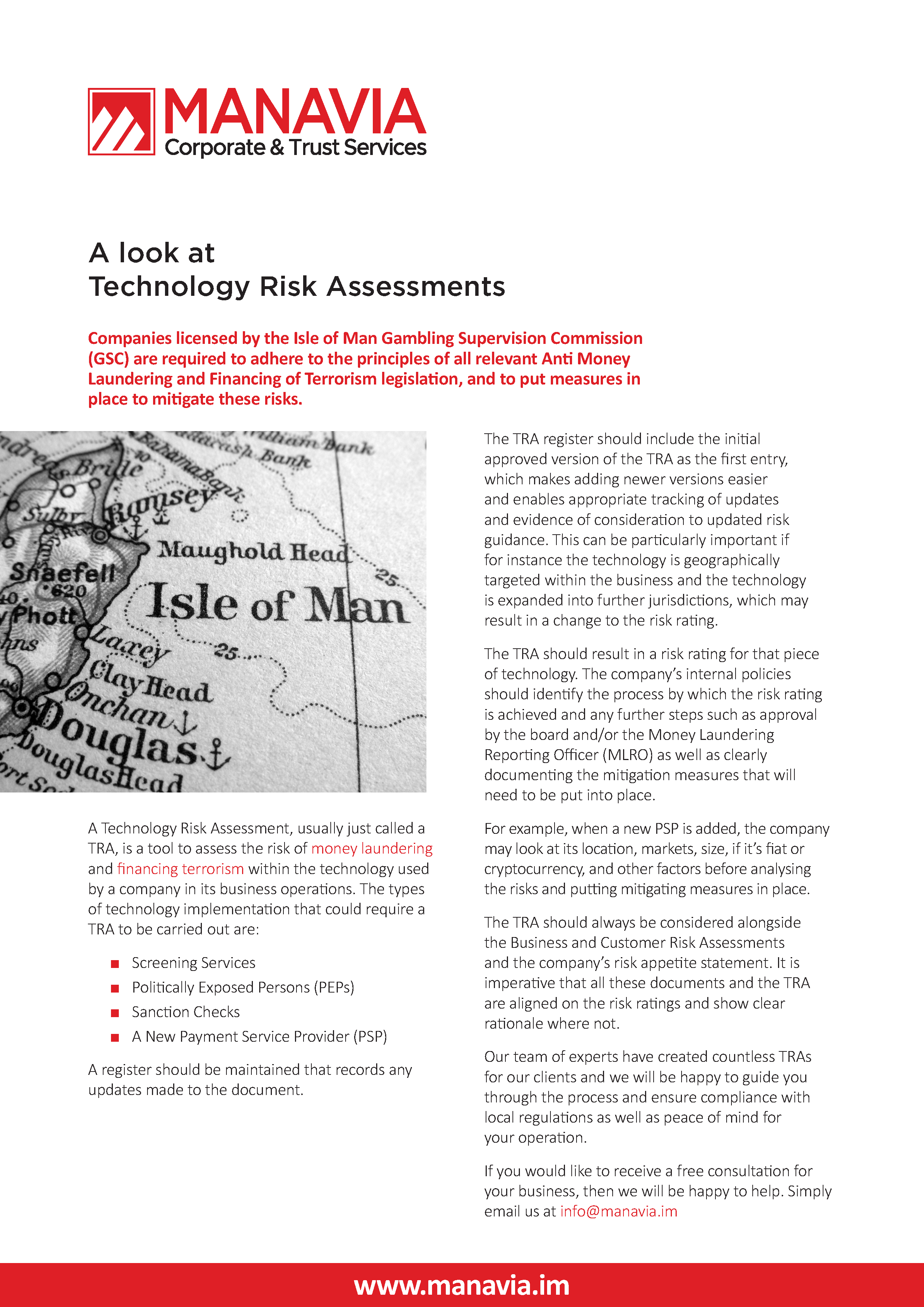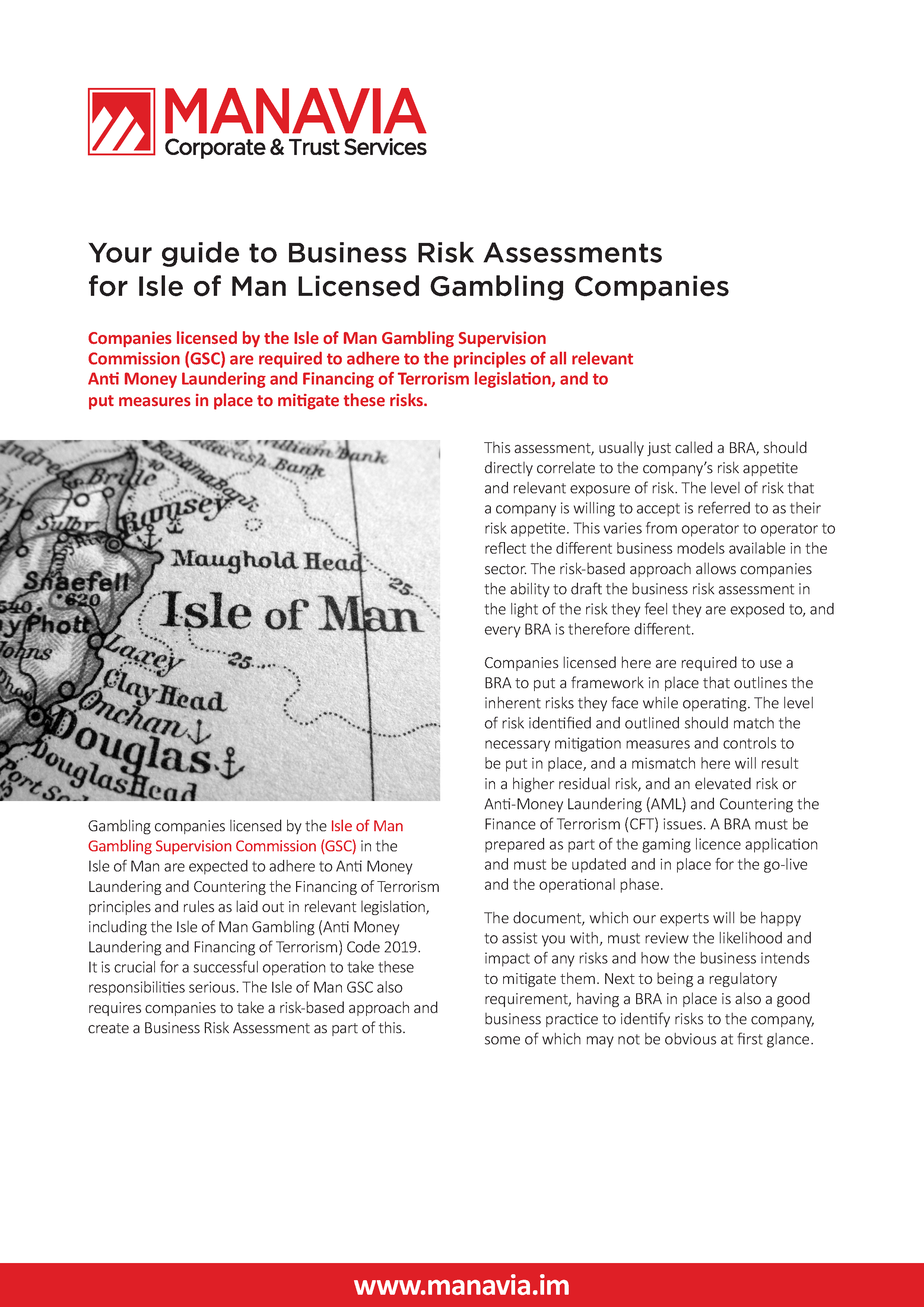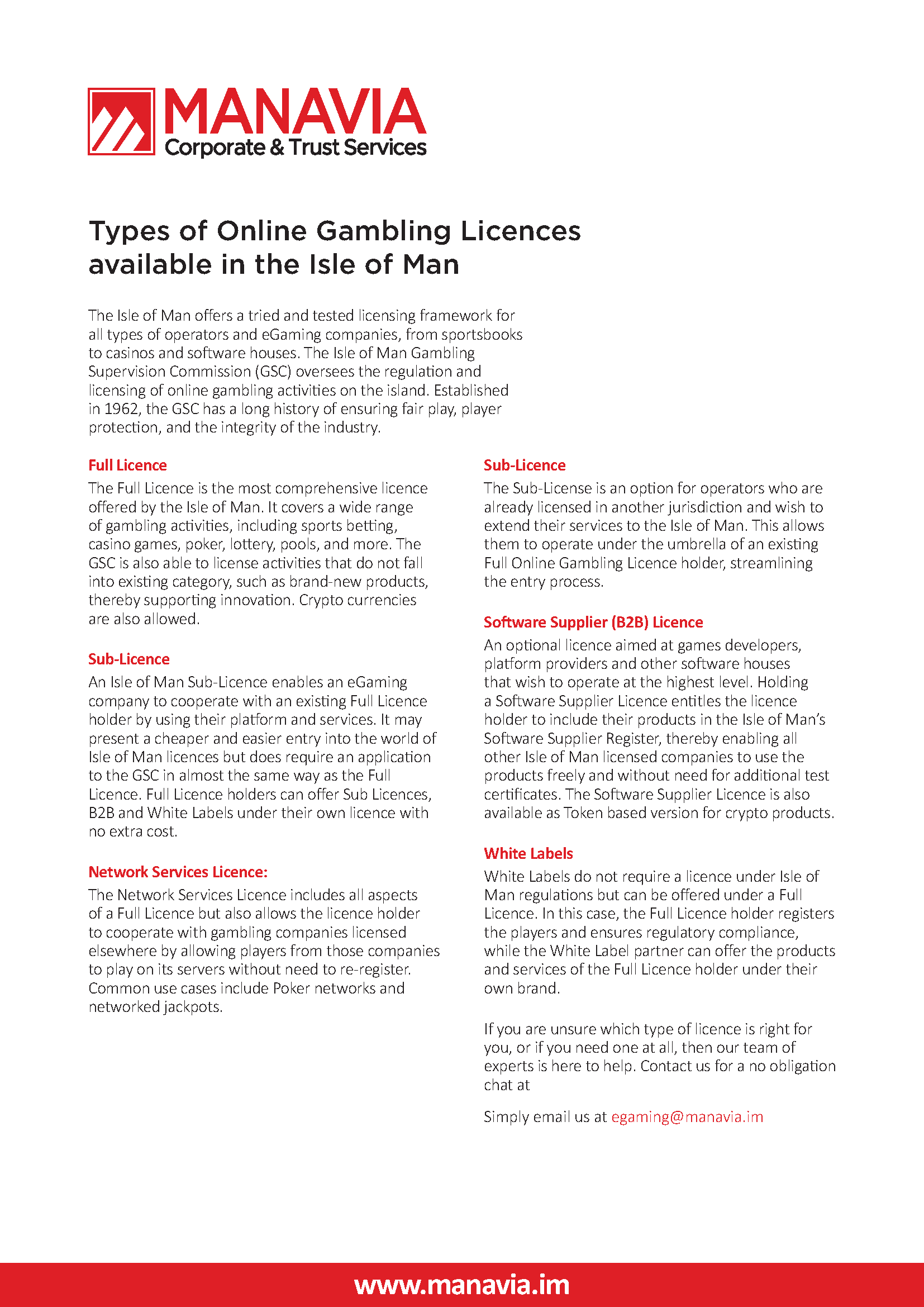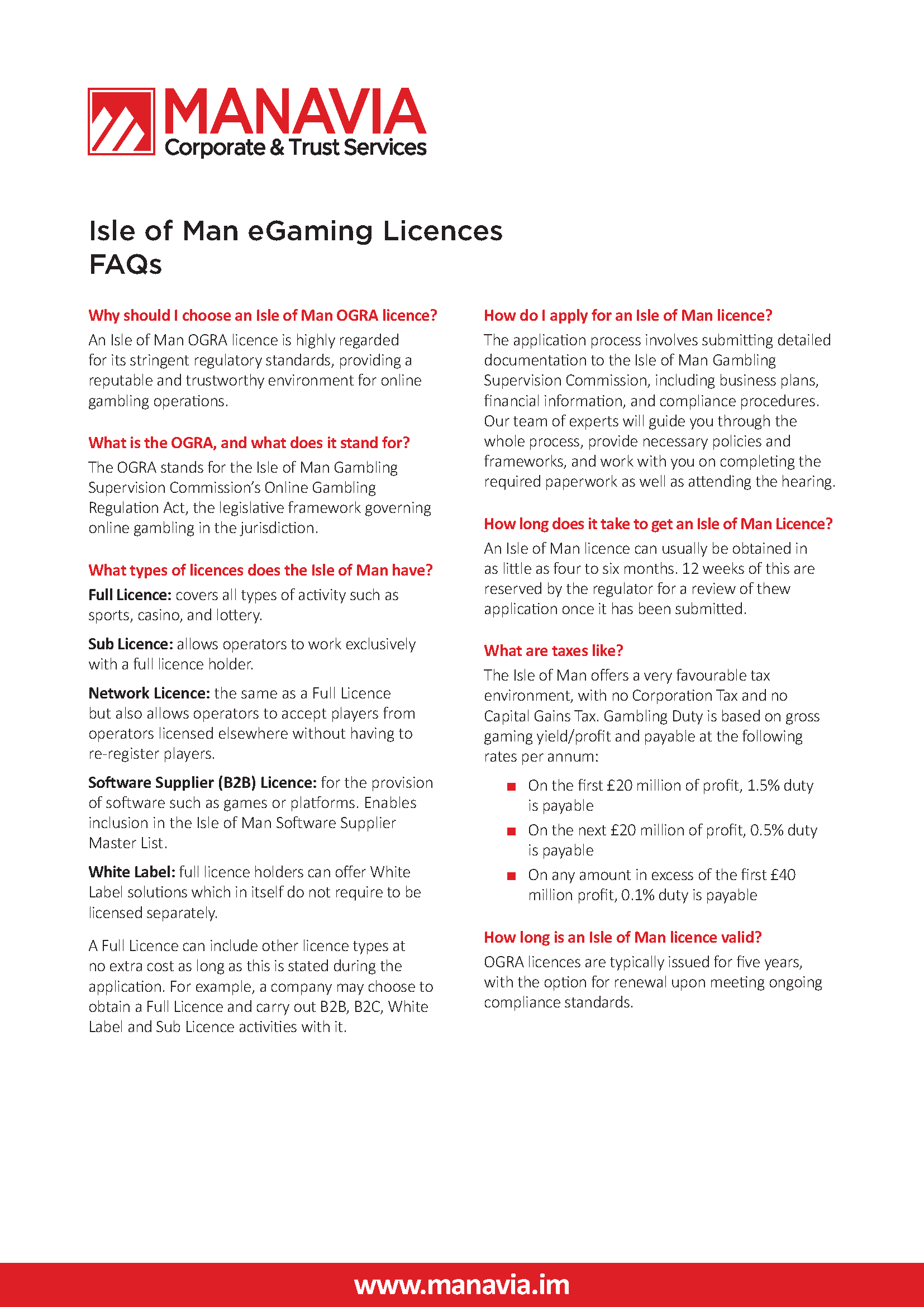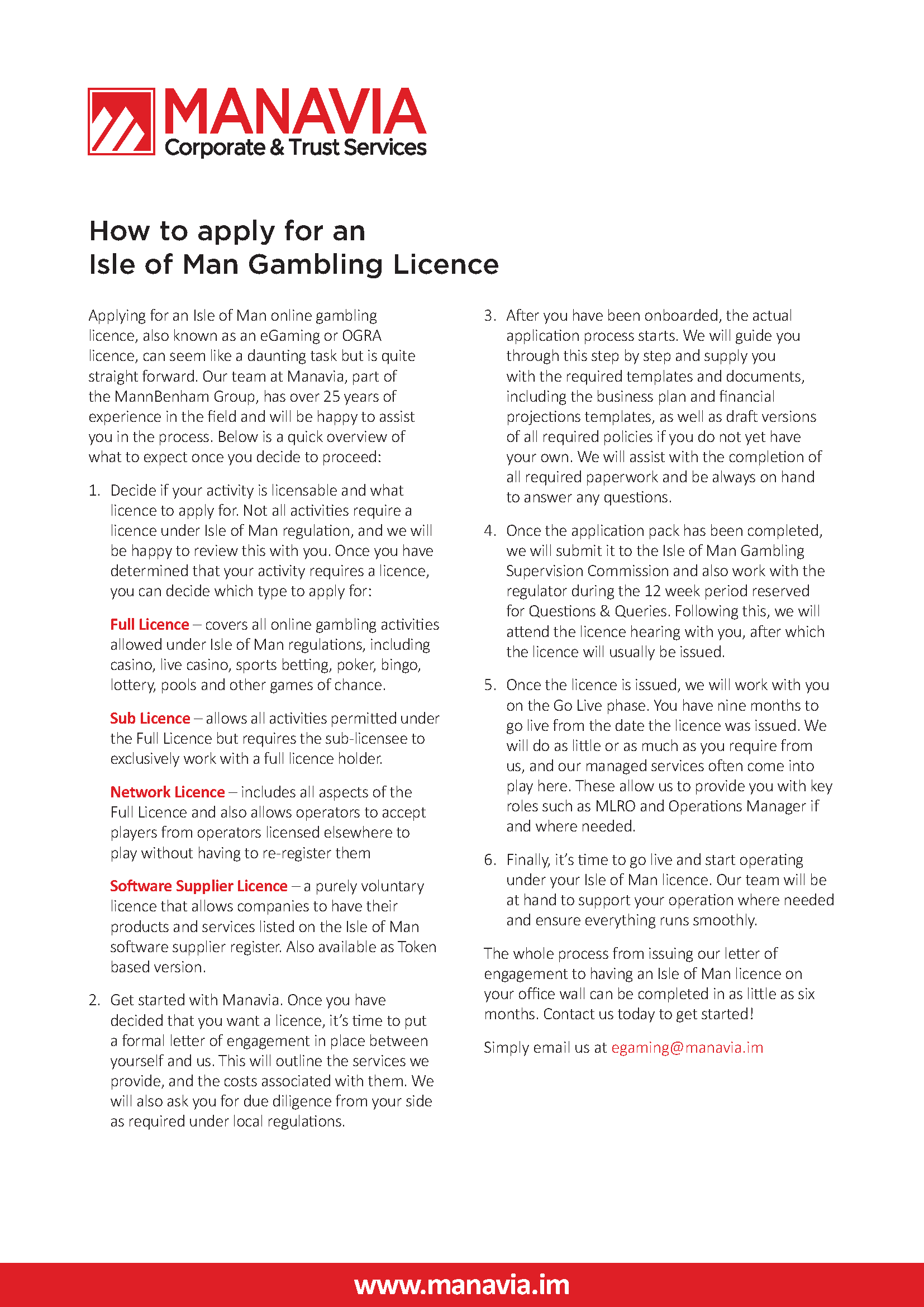MannBenham presentation on Digital Currency & Blockchain
Paul Beckett | Senior Counsel & Advocate | Originally published 09 October 2019
Yesterday saw Paul Beckett, senior counsel and advocate at MannBenham Advocates talk about digital currency and blockchain to ICSA: The Chartered Governance Institute, formerly known as the Institute of Chartered Secretaries and Administrators.
Having been introduced by Christopher Bolt, the newly elected president of the Isle of Man branch of ICSA, Paul covered the questions that businesses have around the nature of cryptocurrency and blockchain transactions and focused on how existing regulations, and legal analysis are capable of adapting to the new technology.
The presentation was very well attended by members from the local branch and from non-members, and all were very much interested in what Paul had to say on the topic, going into technical detail around digital currencies. He discussed how these ethereal currencies can be used for so much more than just simple buy and sell transactions, looking into smart contracts through the use of blockchain, but also touching on how bearer assets have now become en vogue through the use of cryptos. But it is not all plain sailing with using these new technologies, especially with a growing need to regulate and have transactional oversight. Making references to Delaware and Bermuda in his talk, it is clear that there are some jurisdictions offering access to these new digital currencies and technology that are not following the same structured and defined path as others in more regulated jurisdictions.
The Isle of Man was amongst the first jurisdictions to introduce legislation to regulate cryptocurrencies, effected by bringing the virtual currency sector within the ambit of the Proceeds of Crime Act 2008, which in turn makes it subject to the provisions of the Designated Businesses (Registration and Oversight) Act 2015, from the combination of which it must comply with the Anti-Money Laundering and Countering the Financing of Terrorism Code 2019.
On the same day that Paul gave his talk, in particular his references to international regulation of cryptocurrency and the blockchain, the EU announced a new initiative to propose new rules to regulate virtual currencies. This reaction is primarily concerned with the risk to financial stability the likes of Facebook’s Libra coin will bring to the marketplace. France and Germany have said that Libra, whose size would dwarf cryptocurrencies such as Bitcoin, could limit their monetary sovereignty because Facebook’s millions of users in Europe would be able to pay with the new digital currency and move away from domestic fiat currencies, such as the Euro and Sterling. No timetable has been set for proposing the new rules – but the momentum is building.
The impact of the requirement to register as a designated cryptocurrency business, as a tool for weeding out undesirables wishing to enter the virtual currency sector in the Isle of Man and also around the world, cannot be underestimated.
In the end it comes down to trust, would you part with large sums of money to someone you didn’t know, or more importantly trust. By being deemed ‘fit and proper’ by the Regulator, and by being regulated is the first step in building trust as a business.



